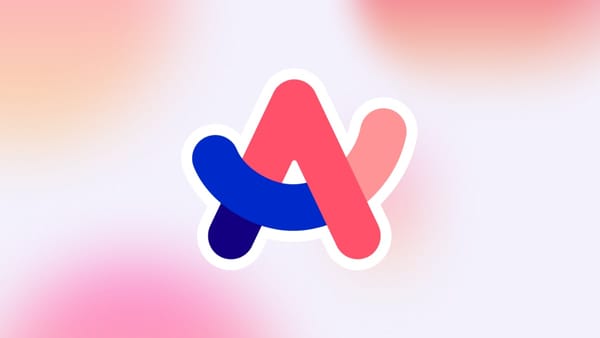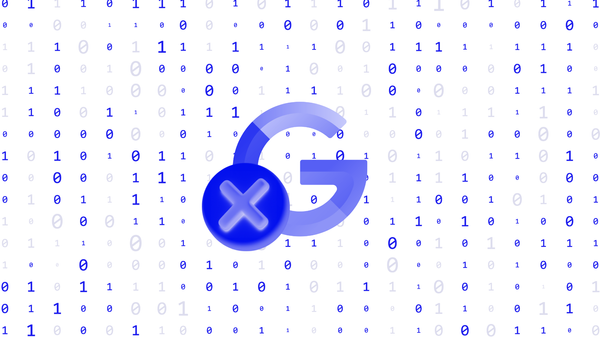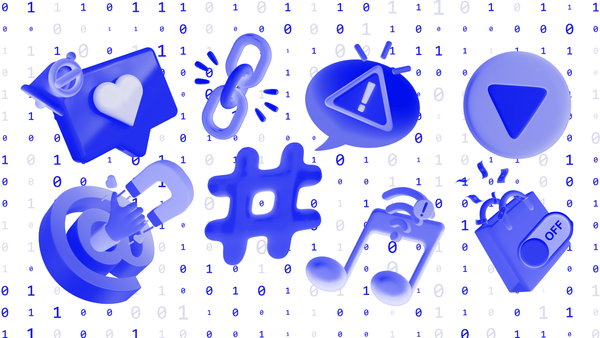It's Time to Escape This Matrix
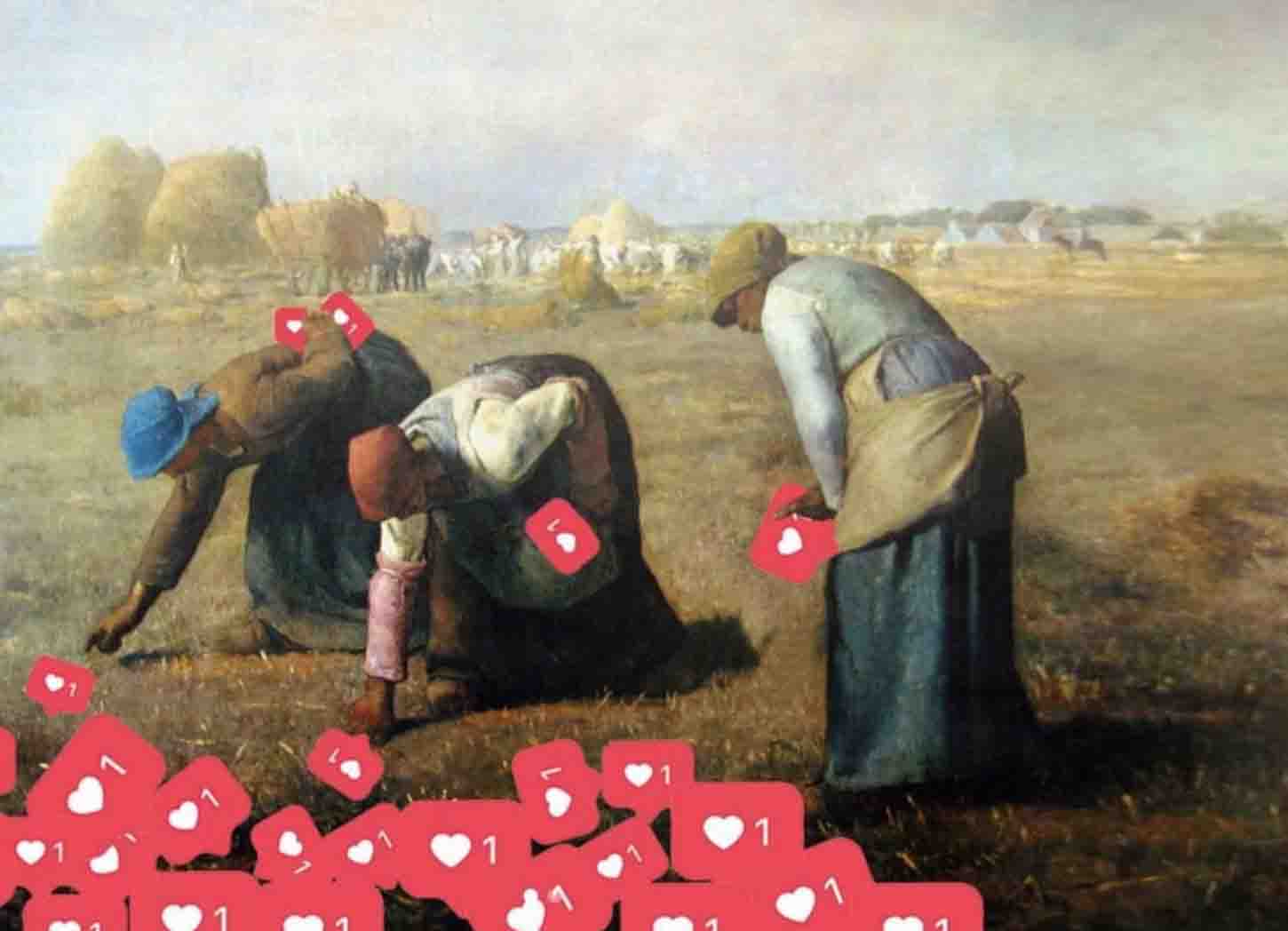
I hate Big Tech. But I love the power of the internet more.
This is Terms & Conditions, a newsletter exploring how to reclaim agency and autonomy in the digital age.
I. It’s All Connected, Babygirl
I wrote this newsletter over the course of three days. I was going to write it in one, but I took a break when I saw that as of Wednesday, January 22, 2025, Trump has revoked the ability for trans people to change their name and gender on their U.S. passport. When I read this, I almost broke out into tears at my local library, where I was writing for the day. I'm actively in the process of filing for a name and gender change in the state of California, with my ruling to be issued this April. My passport expires in February and I have been anxiously counting the days until my paperwork is filled and my documents are updated so that I can feel safe every time I walk into a bar or through TSA and hand over my ID. But now, that day may not come. It's early, so I'm hopeful. But I'd be lying if I said anything other than the main thing i'm feeling right now is a deep threatening fear of my existence and the existence of other trans people.
It's funny, well, not funny but, the very beginnings of this newsletter started a couple weeks ago after I saw the A24 movie, Babygirl. I know, I know – stay with me here, okay? After watching it, I was thinking a lot about power play and power dynamics and I had this epiphany: since medically and legally transitioning over the course of the last three, almost four, years, I have unwillingly become a sub of the state. "Please accept my health insurance claim." "Please fill my testosterone subscription. I need it so bad." "Please respect my pronouns. I just want to be a good boy." "Please accept my filling to change my name and gender. I'll do whatever you want." "Please let me change my passport. I know, I belong to you."
I realized this is what being trans has felt like for me on some subconscious level. So I started to think, okay, well how I can stop feeling this way? How can I regain a sense of autonomy, agency, control, and power over my life and my body? And as everything began to come out about Meta and all the other companies, I began to think maybe, reclaiming agency and refusing submission starts where I (unfortunately) spend the majority of my time: online.
II. Birth of a Condem-nation
On January 9th, 2025, Meta announced rolling back speech violation protections, specifically targeting queer and trans people, immigrants, and women. In Meta's official guidelines, they wrote, like actually wrote (!), the following examples of what previously wasn't, but now is allowed to be said across its various platforms:

In a video on Meta's website, Mark Zuckerberg addresses these changes in policy, adding that "protecting speech against topics, such as immigration and gender identity, is “just out of touch with mainstream discourse."
Let’s take a moment to pause and reflect on that statement. When Mark Zuckerberg, the CEO of Meta, owner of Instagram, Facebook, Whatsapp, and Threads— arguably the man who controls the majority of our social experience online where we ALL discourse with one another— says that protecting speech against immigration and gender identity isn’t mainstream discourse… that’s not a casual reflection or observation. That’s a proclamation. It’s a foreshadowing, because he, the controller of our digital narrative, knows where this story is going.
For a man with that much power and influence, with nearly 200 million users addicted to and reliant on his platforms, there is no “out of touch” with mainstream discourse. He controls the discourse. Meta creates the conditions for which types of conversations become mainstream. I’m no stranger to seeing queer friends get shadow banned and pro-Palestine content get reported and taken down. I know our voices get systematically silenced online, all the time. But this feels worse. Creating an environment where people can freely make violent threats, organize violent acts in DMs and group chats and spread violent ideology go beyond enabling digital silencing. We’ve seen this play before in other countries. Facebook was found responsible for contributing to the 2017 Myanmar genocide, by algorithmically spreading viral content— “mainstream” hate speech— over safe content, stoking the flames for real-world violence to occur.
The same week that Meta expanded the ability for hate speech on its platforms, they also made a $1m contribution to Trump's inauguration. In his inaugural speech, 47 proclaimed, "As of today, it will be henceforth be the official policy of the United States government that there are only two genders: male and female," setting the tone for the "mainstream discourse" on gender. Two days later, Trump revoked the ability for trans people to update their legal identification. Today, Friday, January 24, 2025, Secretary of State, Marco Rubio has suspended all passport applications from anyone seeking to change their gender marker, leaving their passport status in limbo, potentially unable to leave the country.
What’s that saying? “Those who don't know history are destined to repeat it.” I think the actual quote may have been from late writer, George Santayana: “Those who cannot remember the past are condemned to repeat it.” Well I say, “Those who willfully choose to mis-remember and turn a blind eye to the consequences of their actions condemn us all.”
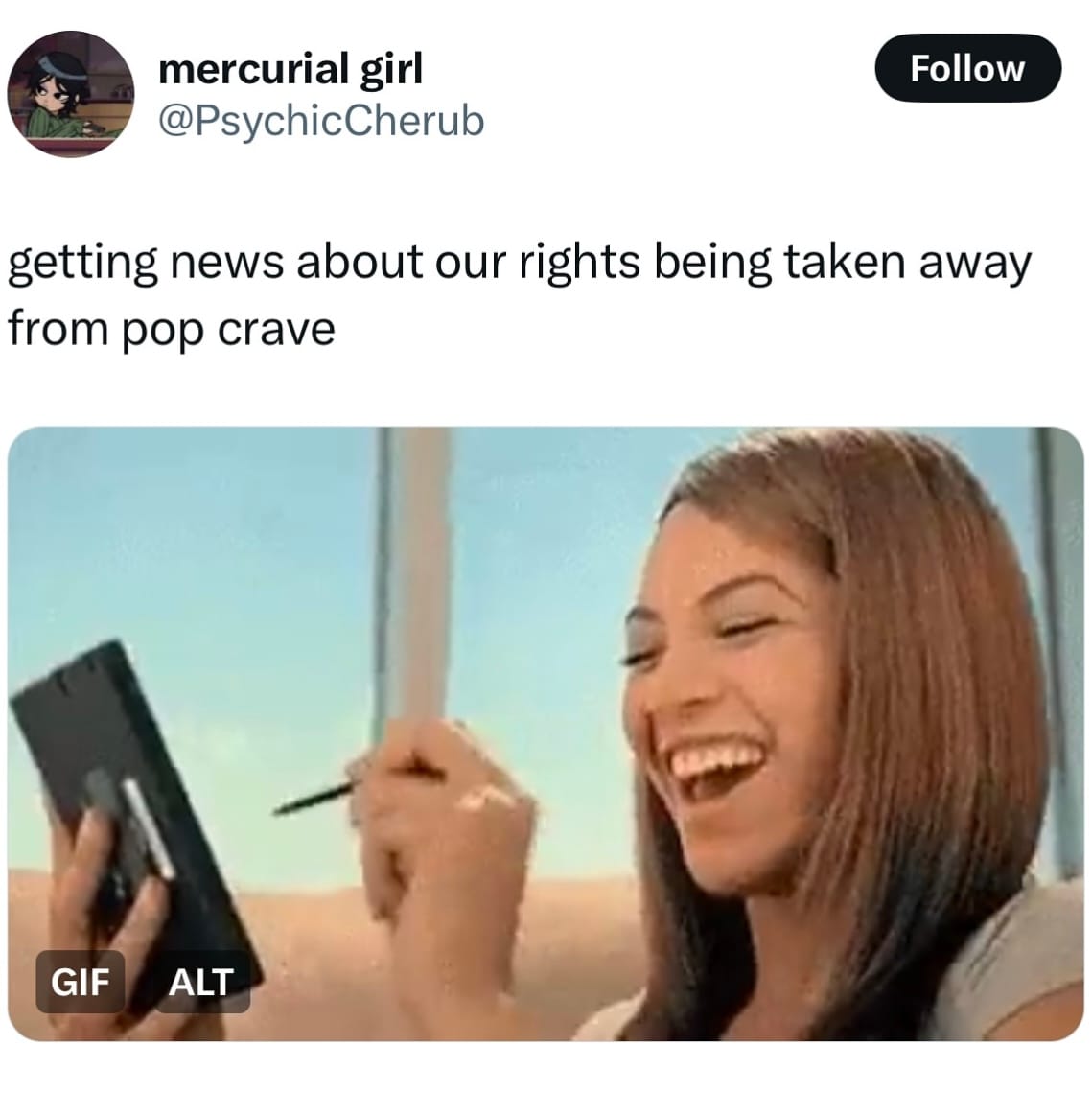
III. Is Harm Reduction Possible?
Since my phone is spying and knows that I’m working on this newsletter, I’ve been getting a lot of targeted Instagram posts around the topic of divesting from Meta. I’ve noticed this online “conversation” generally ends up in one of three camps: 1. Just get off Meta. 2. Use Meta to express feeling unsure about where to go outside of Meta while ultimately staying on Meta’s platforms and 3. Stay on these platforms and make them work for you.
We’ll explore all of these perspectives over the course of this newsletter, but it’s the latter I find the most… questionable. Is harm reduction on Big Tech platforms possible?
I could make the case that Instagram has done plenty of personal good for me. I’ve gotten jobs off Instagram. Most of you are here because I promoted my newsletter on Instagram. I successfully raised money for my top surgery on Instagram. And I met my fianceé along with multiple close friends on Instagram. I could say, that makes the bad worth the good. Let’s zoom out even farther. The LA wildfires happen. Tens of thousands of people lose their homes. Afropunk creates a document of displaced Black families affected by the Eaton fire. That document spreads across social media platforms, allowing for families to input their information. A community aid network is quickly created, Community Aid Dena, which ends up raising $15 million dollars to distribute to affected Black families.
So here’s the question: how much collective good redeems the platform of its collective bad? Can a platform that was officially found to contribute to genocide be redeemed by its ability to make a mutual aid campaign go viral and raise millions of dollars for people in need? Can a platform that proudly published in its guidelines that it’s okay to say, “transgender people are not real”— which for the record, dehumanization is one of the first tactics to violence— be redeemed by its ability to have led me to the love of my life?
My gut instinct is no, it cannot be redeemed. No amount of good can justify trying to stay when I could use that energy to try and divest. It is a bad platform. That exploits us. Extracts from us. Makes us addicted. Lonely. Competitive and jealous towards our friends and peers. Physically ill from blue light and bad posture. Psychologically fucked up from developing our self-worth on the basis of likes and engagement— it is a platform designed to do more harm that good. We make good things happen on these platforms, but I think we’d make good things happen anywhere. We didn’t just start helping each other when social media became a thing less than 20 years ago. If Meta disappeared tomorrow, we would have found a way to organize during the fires. And I think I still would have met the love of my life, maybe at a dimly lit cocktail bar or at a small, indie rooftop concert one warm, summer night in Brooklyn.
The master’s tools cannot dismantle the master’s house. We know this. Still, a lot of systems are particularly hard to divest from. I’m not saying it’s going to be easy. But it feels possible. That’s what makes the internet, the internet. It can be whatever we want it to be. We just have to build it.
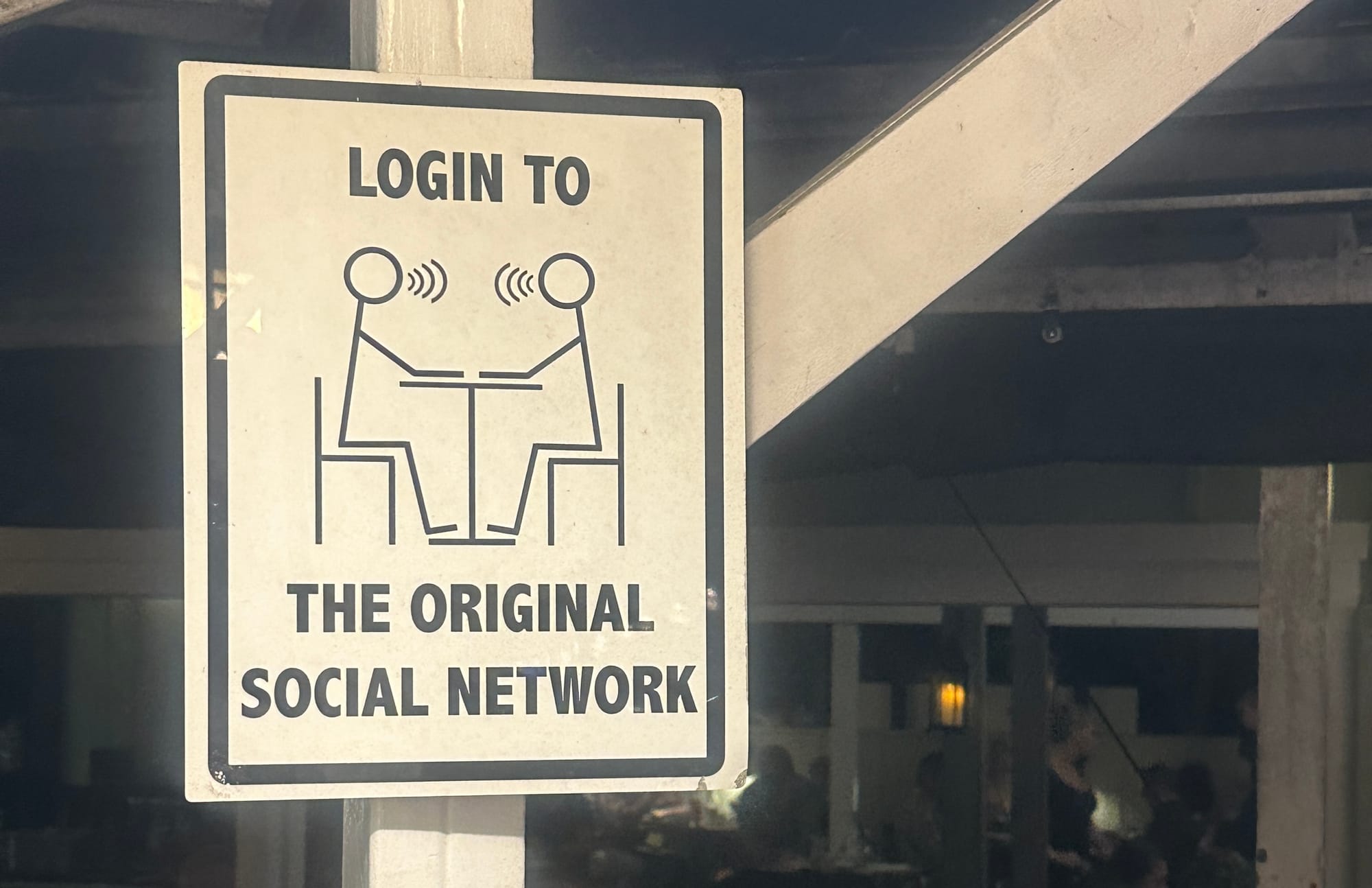
IV. The Process
Here's how this newsletter is going to work. I'm working on creating a universal “system health score” (cooler name pending) for digital platforms. This system will allow me to score the overall "good for mankind" quality of a social platform across a series of factors (privacy, ethics, addictive design, climate impact, etc.) I'll start with one platform at a time and go through each scoring category week by week, totaling a final score out of 100. Based on that score, I’ll either recommend to Keep, Tweak, Switch, or Ditch the platform.
I plan on covering platforms from Gmail to Whatsapp to X to Spotify and all the ones in between. We’re going to start with the most urgent platform we love to hate to use: Instagram.
In sharing and documenting this research spiral, I hope we can collectively learn, process, plan, and act together. These platforms work well because they’re built on social structure. Which means, it’s hard to divest alone without feeling… lonely and out the loop. While some people can log out of Instagram or divest from Meta altogether cold turkey, many can’t. Many of us are reliant on these platforms, for friends, work, news, etc. In order to leave them for good, we have to build towards the thing we’re leaving to first. Divestment is a collective effort, not an individual one. It’s also not only the act of leaving one system, but also the act of building a better system in its place. I'm excited to see the future we forge together.

T&C News & Announcements:
Rage & Reconfigure
Interested in joining a weekly support group with others trying to get off Big Tech? Become a paid subscriber to join Rage & Reconfigure, a virtual support group. We'll spend the first half raging and getting our feelings out about feeling stuck, addicted, ashamed, and enmeshed with these platforms. We'he second half generating constructive solutions to reconfigure our digital relationships and habits.
The first R&R will be on Tuesday, January 28th at 10am PT/1pm ET. Paid subscribers will get an invite the day before.
Trans Town Hall
Y'all are the first to hear it! I'm working on putting together a virtual town hall & low-fi hackathon for trans businesses, organizations and people looking to get off Meta more urgently.
Community ask: Does anyone have access to a paid Zoom account that hosts longer calls for this? If that's you, please email me by replying to this newsletter!
Down The Rabbit Hole (Relevant Reads This Week):
Is the TikTok Ban a Chance to Rethink the Whole Internet? | The New Yorker
The ‘Tech-Industrial’ Oligarchy Is Already Here | Intelligencer
How Hitler Dismantled a Democracy in 53 Days | The Atlantic
She Is in Love with ChatGPT | The New York Times
I talked to Meta’s Black AI character. Here’s what she told me. | The Washington Post


